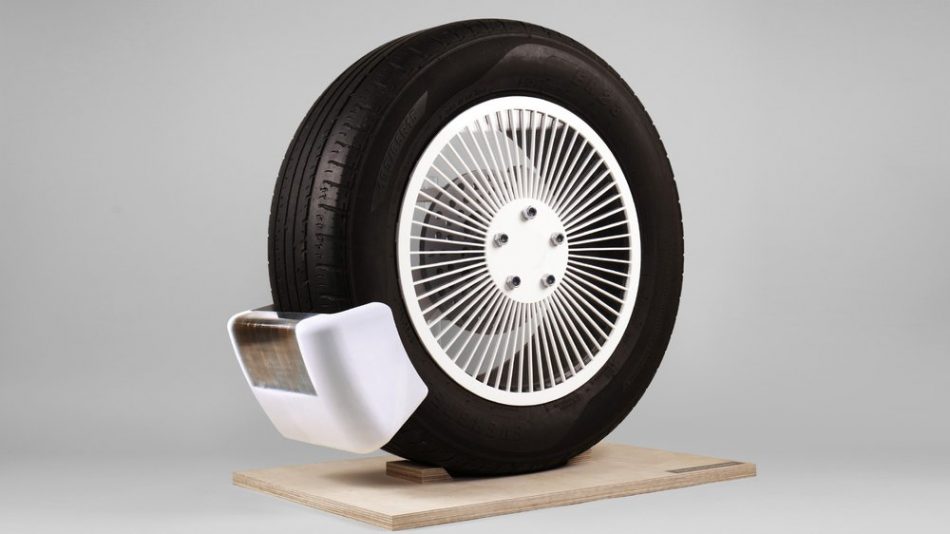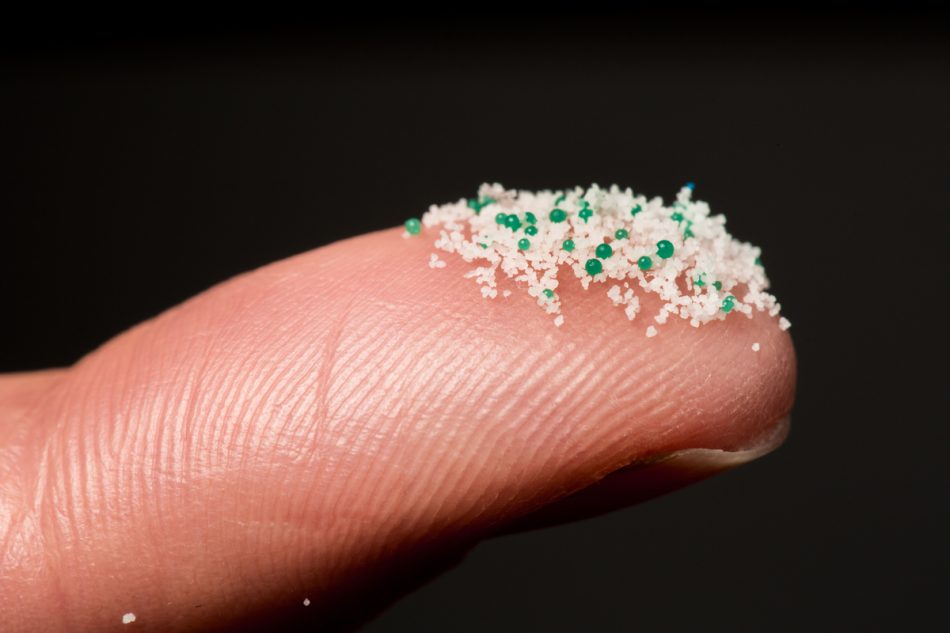
A group of students is using bubbles and robots to clear the world's rivers
Ocean plastic is a persistent problem that endangers wildlife and humans. Around eight to 12 million tons of plastic end up in the sea each year, inspiring projects like The Ocean Cleanup’s trash collecting system and this floating plastic island. However, removing plastic from the ocean is Read More...

Mussels could help us remove harmful microplastics from the ocean
Microplastics are one of the most pernicious forms of plastic pollution threatening our oceans, so scientists are hard at work to find solutions that could help filter this ecological burden out of the marine environment. Recently, we wrote about how sea squirts can help us monitor the steadily Read More...

Bioplastic inspired by spider silk could replace single-use plastics
One of the most difficult-to-recycle types of plastic is the ‘microcapsule’ — a form of microplastic that’s added to the ingredients of many homecare and bodycare products. These tiny capsules then wash down the drain, where they pollute waterways because they’re so hard to detect. In an Read More...

Sea squirts can help address our oceans' growing microplastic problem
In the past, The Optimist Daily has written about unassuming sea creatures such as sea cucumbers, which, despite their humble appearances, play a vital role in maintaining the health of the entire underwater ecosystem and can reveal important information about how human activity impacts marine Read More...

Scientists may use bacteria to clean up microplastics floating in water
Although microplastics are incredibly tiny in size (smaller than 5mm), they pose a huge threat to marine environments, and because of their minuscule size, they are also incredibly difficult to remove from water. Fortunately, a team of microbiologists has developed a sustainable solution that could Read More...

Three strategies for buying clothes eco-consciously
As the public becomes less ignorant of the fashion industry’s enormous environmental impact, more consumers are aspiring to change old and unsustainable shopping habits. The fashion industry is responsible for a significant chunk of global carbon emissions and accounts for 20 to 35 percent of Read More...

Students create device that captures microplastics from car tires
While a lesser-known culprit, the tires of our vehicles are one of the biggest sources of plastic pollution. Every time a car brakes, accelerates, or turns a corner, its tires gradually shed tiny particles that become airborne and make their way into our waterways. In Europe, alone, the amount of Read More...

Scientists zero in on gut bacteria that enable waxworms to eat plastic
Plastic pollution is a monumental issue and one that isn’t going away anytime soon, but researchers are opening up new possibilities around how we could chip away at the problem. Scientists working in this area at Canada’s Brandon University have made an exciting discovery, zeroing in on the Read More...

Scientists have found a way to melt microplastics into nothing
Microplastics—tiny fragments of plastic smaller than 5 millimeters across—are so ubiquitous that plastic is now found in drinking water, Arctic snow, and the deepest part of the ocean. As plastic breaks down, the tiny size makes it even harder to remove from water. But scientists are testing Read More...

What startups in Europe are doing to tackle the microplastic problem
Microplastics are found everywhere, from the tallest mountain peaks and the deepest ocean trenches to within the bodies of human beings. We know microplastics are killing coral reefs and poisoning fish, and potentially posing a risk to our health. We also know that if we want to fix the problem of Read More...


